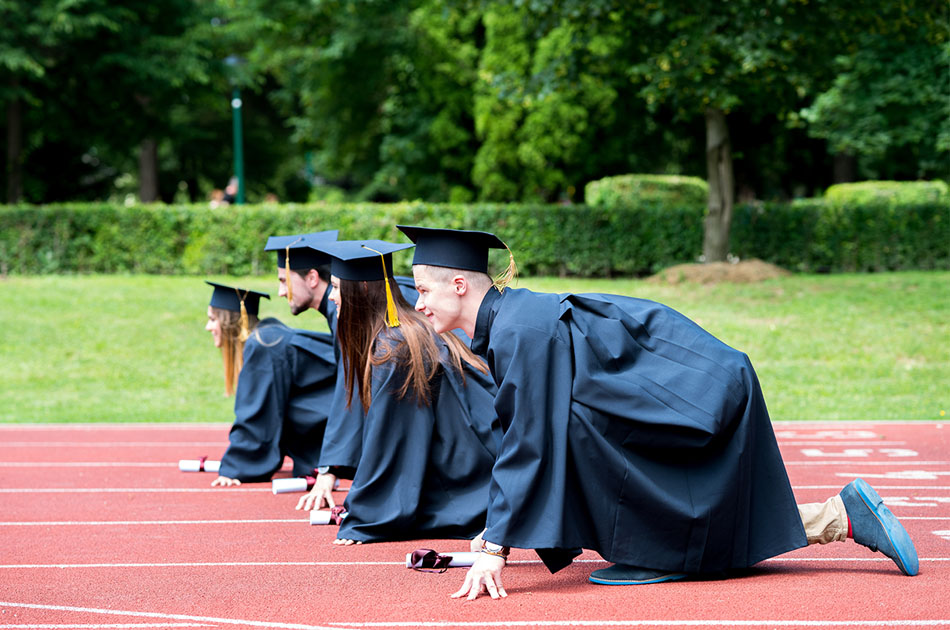Student-athletes frequently find themselves at the crossroads of maintaining high academic standards while meeting the intense demands of athletic training and competition. This dual commitment subjects them to a unique set of pressures, including time constraints, physical exhaustion, and the stress of performing well in both arenas. The challenge is not only about managing time effectively but also about ensuring mental and physical well-being under such strenuous conditions.
The cornerstone of providing meaningful support to these young athletes lies in a deep comprehension of the multifaceted nature of their commitments. Educational institutions must go beyond traditional support mechanisms and embrace policies that genuinely accommodate the complex lifestyle of student-athletes. This involves creating academic schedules that are flexible enough to adapt to training timetables, offering targeted academic assistance tailored to the unique needs of athletes, and fostering an environment that values athletic commitments as an integral part of the educational experience.
Implementing such policies requires a concerted effort from school administrations, coaches, and academic staff to collaboratively design a support system that promotes balance. This might include adjusting deadlines around major competitions, offering online classes or recordings for missed lectures, and providing mental health support to address the psychological toll of balancing academics with athletics. By institutionalizing these supportive measures, schools can ensure that student-athletes have the necessary resources to thrive, signaling a commitment to nurturing their growth both as scholars and as athletes.
Holistic Support Systems
Establishing tutoring and mentorship programs that align with the unique schedules of student-athletes represents a pivotal step in supporting their academic journey. Such initiatives offer more than just academic assistance; they signal to the athletes that their dual roles are recognized and valued.
Tailoring these programs to fit around training sessions and competitions ensures that athletes do not have to sacrifice academic support for athletic commitment. This bespoke approach allows for a more personalized learning experience, where tutors and mentors understand the specific challenges faced by student-athletes, including time management, prioritization, and the need for flexible learning modalities.
Moreover, these programs can serve as a bridge between the athletic and academic aspects of a student’s life, fostering a sense of community and understanding among tutors, mentors, and their mentees. Through regular, structured support, student-athletes can engage with challenging coursework on their terms, reinforcing learning outcomes and maintaining, if not exceeding, high academic standards.
The mentorship component further enhances this experience by providing guidance, motivation, and emotional support, helping student-athletes navigate the pressures of their dual commitments. Ultimately, these tailored tutoring and mentorship programs empower student-athletes to excel both in the classroom and in their respective sports, ensuring a well-rounded and enriching educational experience.
Flexible Academic Scheduling
By rethinking and reshaping the traditional academic schedule to align with athletes’ needs, educational institutions can offer a solution that supports the holistic development of their students.
This tailored scheduling approach enables student-athletes to maximize their potential in both domains by eliminating unnecessary stress and time conflicts. It encourages a healthier lifestyle where adequate time for rest, study, and practice is not just an ideal but a reality. Moreover, such adaptability in scheduling fosters a supportive school environment that acknowledges the unique challenges faced by student-athletes, reinforcing their sense of belonging and commitment to their dual roles.
In implementing these flexible schedules, schools must engage in thoughtful planning and coordination with athletic departments to ensure that academic rigor remains uncompromised. This might involve offering special sections of courses at times that do not conflict with athletic commitments or utilizing online learning platforms to provide accessible educational resources.
Ultimately, by adopting a more accommodating approach to scheduling, schools empower student-athletes to pursue excellence on the field and in the classroom, contributing to their overall success and well-being.
Life Skills Development
Equipping student-athletes with essential life skills is not just about enhancing their current academic and athletic performance but also about laying a solid foundation for their future success. Time management skills teach them how to prioritize tasks and use their limited hours more efficiently, ensuring they can dedicate adequate attention to both their studies and sports training.
Stress management techniques are equally crucial, as they help student-athletes cope with the pressure to excel in multiple domains, reducing the risk of burnout and mental health challenges. Moreover, effective communication skills are indispensable, enabling them to articulate their needs and concerns clearly to coaches, teachers, and peers, fostering a supportive network around them.
These life skills extend beyond the high school experience, preparing student-athletes for the complexities of college life and their future careers. By mastering time management, they can navigate the increased demands of higher education and work commitments. Stress management becomes a tool for maintaining well-being in the face of life’s inevitable pressures.
Effective communication opens doors to leadership opportunities and collaborative endeavors, setting the stage for a successful transition into the professional world.
Schools play a pivotal role in providing these life skills through workshops, mentorship programs, and integrated curriculum offerings. By prioritizing holistic development, educators can ensure that student-athletes are not only prepared to meet the challenges of balancing academics with athletics but are also equipped to thrive in all aspects of their future endeavors.










